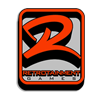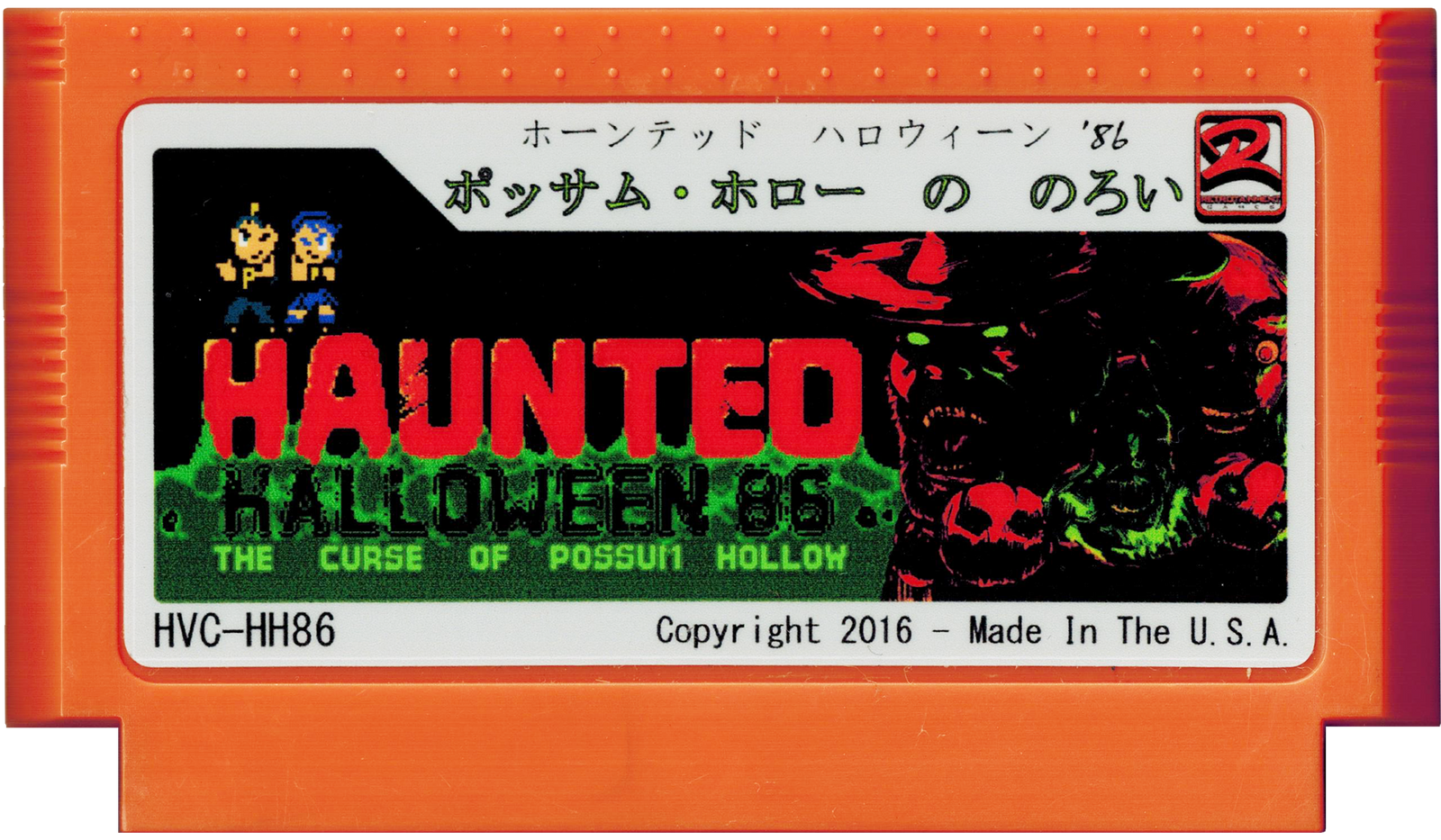Press
Extra, Extra, Read All About Us.

Making a game inspired by the 8-bit era seems all the rage today, but oftentimes these titles are nothing more than a shallow coat of paint on a modern title. This is not the case when it comes to the stuff coming out of Retrotainment Games.

“It was always something we dreamed of doing,” says Greg Caldwell, the co-owner of Retrotainment, a small software shingle that has produced two NES games—Haunted Halloween 1985 and Haunted Halloween 1986

Thirty-five years after the console’s launch, Caldwell’s newest mystery/adventure NES game, Full Quiet, will arrive later this year.
A True 8-Bit Game
The horror-themed platforming beat-em-up game based in 1986 from Retrotainment pushes the NES to the limit and is available both digitally and on cartridge. Try and survive the streets of Possum Hollow where heroes Donny and Tami face their toughest challenge. What has taken over the town of Possum Hollow and can you reverse the curse
HIGHLIGHTS
Tag Team Technology
7 Levels of Intense Action
Soundtrack by HumanThomas
FREE DEMO Available on Steam
PAX RISING Selection
Vital Information
Developer: Retrotainment Games
Release Date: December 1, 2016
Platforms: Nintendo Switch, XBOX, Steam, NES & Famicom
Email: info@retrotainmentgames.com
Website: retrotainmentgames.com
Languages: English, Japanese (Famicom only)
Other Projects: Haunted: Halloween '85, NES Chip Maestro Cartridge & Full Quiet (in development)
Homebase: Pittsburgh
Motivation: Keeping Cartridge Gaming Alive
#8BitLegit

Cartridge is King
We are witnessing a phenomenal twist in gaming as licensed-era companies are returning to their cartridge-based roots while simultaneously a burgeoning sub-culture of indie developers is making brand new games on those very same cartridges. The undercurrent of retro gaming culture has risen to the surface, and now that a company like Capcom has taken the steps to re-release several of its most epic titles on cartridge gaming is going to change. Where this will lead and what else might come from it, none can say, but it is an exciting time for gamers nonetheless.
This dovetailing of official re-releases and brand new titles by indie devs has been slowly building for years. The last official NES game, Wario’s Woods, came out in 1994 but the curious afterlife of Nintendo’s first console had just begun. In the late ‘90s, the early days of the internet and mass communication, kids and hobbyists came together and started deciphering the hardware of the NES. They talked with former developers, studied hardware, and scoured patent documents in their quest to understand the system. While at first this entailed building emulators for computers, it also involved writing new programs for the console in order to verify that their emulators were accurate. Color testing programs quickly turned into simple games, and these homebrew efforts soon began to develop in scope.
2005 is generally regarded as the first cartridge release of one of these programs, the infamous Garage Cart by Membler Industries. The twenty-four copies that were made were culled from old NES “doner” cartridges, evidence of the small-scale production tactics that were necessary at the time. Within a few years, however, developers could find all manner of new shells and boards in which to house their projects, thanks to the efforts of retroUSB and soon others.
Homebrewing had grown up, and while there would (and will) always be room for garage projects, the scene was beginning to hit its stride. Games too had transformed from simple affairs to licensed-quality endeavors, with some of them achieving household name status: Battle Kid, 8-Bit XMAS, The Legends of Owlia, HAUNTED: Halloween ’85, The Incident, and many more. This whole progression is what laid the groundwork for these official re-releases to come about as you see them today.
The appeal of the NES has not been lost on mainstream gaming either. Indie games like Shovel Knight pay homage to the past while reshaping it in the present. Major companies have also gotten in on the action, and new entries in the Mario, Mega Man, Castlevania, and River City series have harkened back to their 8-bit roots in terms of both style and gameplay.
While there have been games developed for many other systems after their official death nothing is quite like what’s brewing with the NES. In an era where gaming has near-infinite possibilities there’s a very palpable surge afoot for these undead consoles with the NES once again leading the way.
By EDB Holland
Contact Us
Got questions or feedback?
We're listening.






